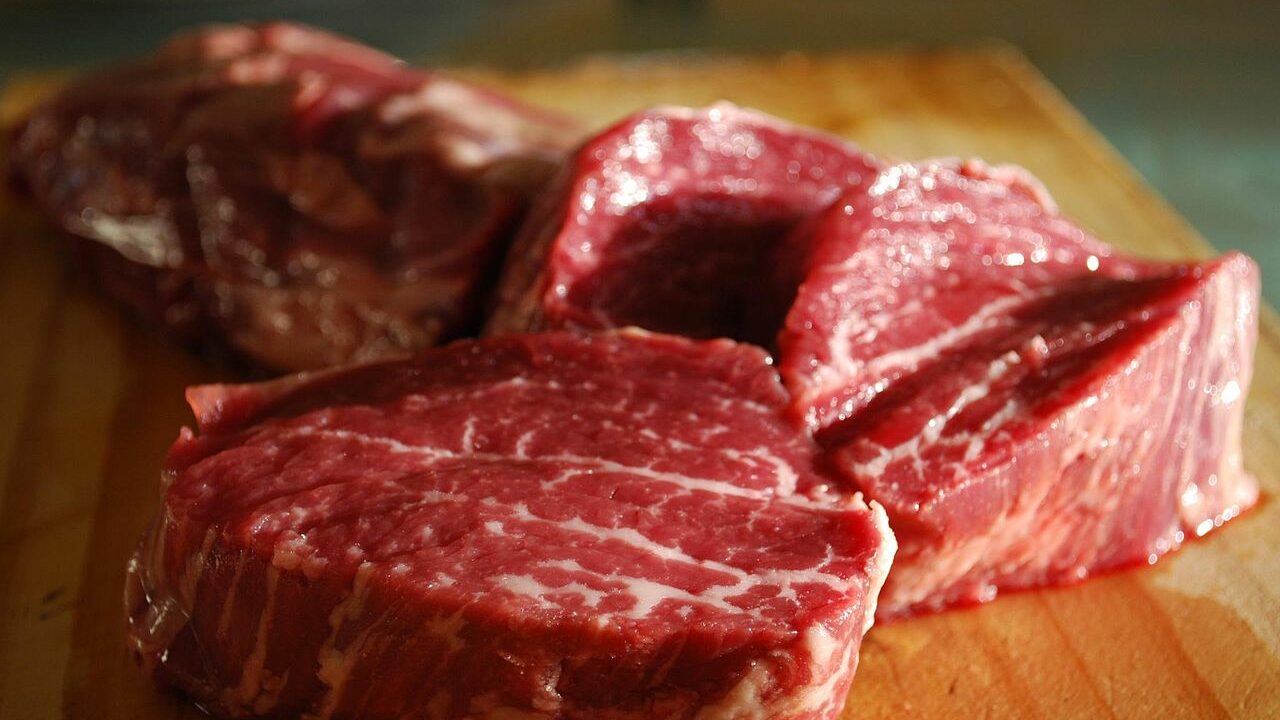Meat Industry Ireland (MII) has come out swinging in response to the publication of a controversial scientific report outlining what it claims are “healthy diets” from sustainable food systems.
The report, published today (January 17) is urging massive changes to people’s diets all over the world in order to achieve “food transformation” and reduce carbon emissions by 2050.
Entitled “Food in the Anthropocene: the EAT – Lancet Commission on healthy diets from sustainable food systems”, the three-year study is a joint initiative of the EAT Forum and The Lancet medical journal.
Although agriculture is Ireland’s largest indigenous industry, the report astonishingly suggests that individuals’ daily beef and lamb consumption combined should amount to just 7g per day – less than a quarter of an ounce.
Such a change would represent an 89% reduction in the current levels of Irish consumption.
When it comes to poultry, it suggests an intake of just 29g per day, or a 69% cut back on our consumption of these products.
Responding to the study, a spokesperson for MII stated that: “There is extensive scientific evidence to prove the benefits of meat consumption as part of a healthy balanced diet for citizens.
The advice of governments and authorities across the world includes meat in their balanced diet recommendations and highlight the health benefits of red meat as a natural source of protein, iron, zinc and B vitamins.
“These are nutrients which are often lacking in the diet of some population groups. In particular, the iron in red meat is three times better absorbed than the iron in plant foods.”
In response to the EAT-Lancet report’s suggestion that food production systems need to change to predominantly plant-based systems, MII stated: “Ireland’s grass-based food production systems provide us with a natural competitive advantage to convert this grass feed into high-quality, nutritious meat protein.
Irish meat production systems are far more sustainable than in other regions of the world. Nonetheless, we continue our focus on improving environmental impact.
“From a sustainability perspective, it would be counterproductive to reduce meat production in Ireland, only to import food from less sustainable systems abroad,” MII stated.
Beans
Under the report’s guidelines, consumption of milk and milk derivatives combined should also be limited to 250ml per day – at the moment Irish people drink almost 340ml of milk per day, not including derivatives.
It “recommends” that the Irish also limit our calorie intake from potatoes to just 39 calories per day, and just 78 calories from all vegetables combined.
The report also suggests a number of extreme systemic measures to bring this about, including: rationing on a population scale; applying taxes and charges; and disinvestment campaigns.
The authors of the report state that: “Sustainable food production for about 10 billion people should use no additional land, safeguard existing biodiversity, reduce consumptive water use and manage water responsibly, substantially reduce nitrogen and phosphorus pollution, produce zero carbon dioxide emissions, and cause no further increase in methane and nitrous-oxide emissions.”
Also Read: ICSA: Onus on Varadkar to protect vital beef industryThe report also aims to reduce food waste with these dietary recommendations. However, according to the Food and Agriculture Organisation of the United Nations, about twice as much fruit and veg is wasted as meat or dairy products.
